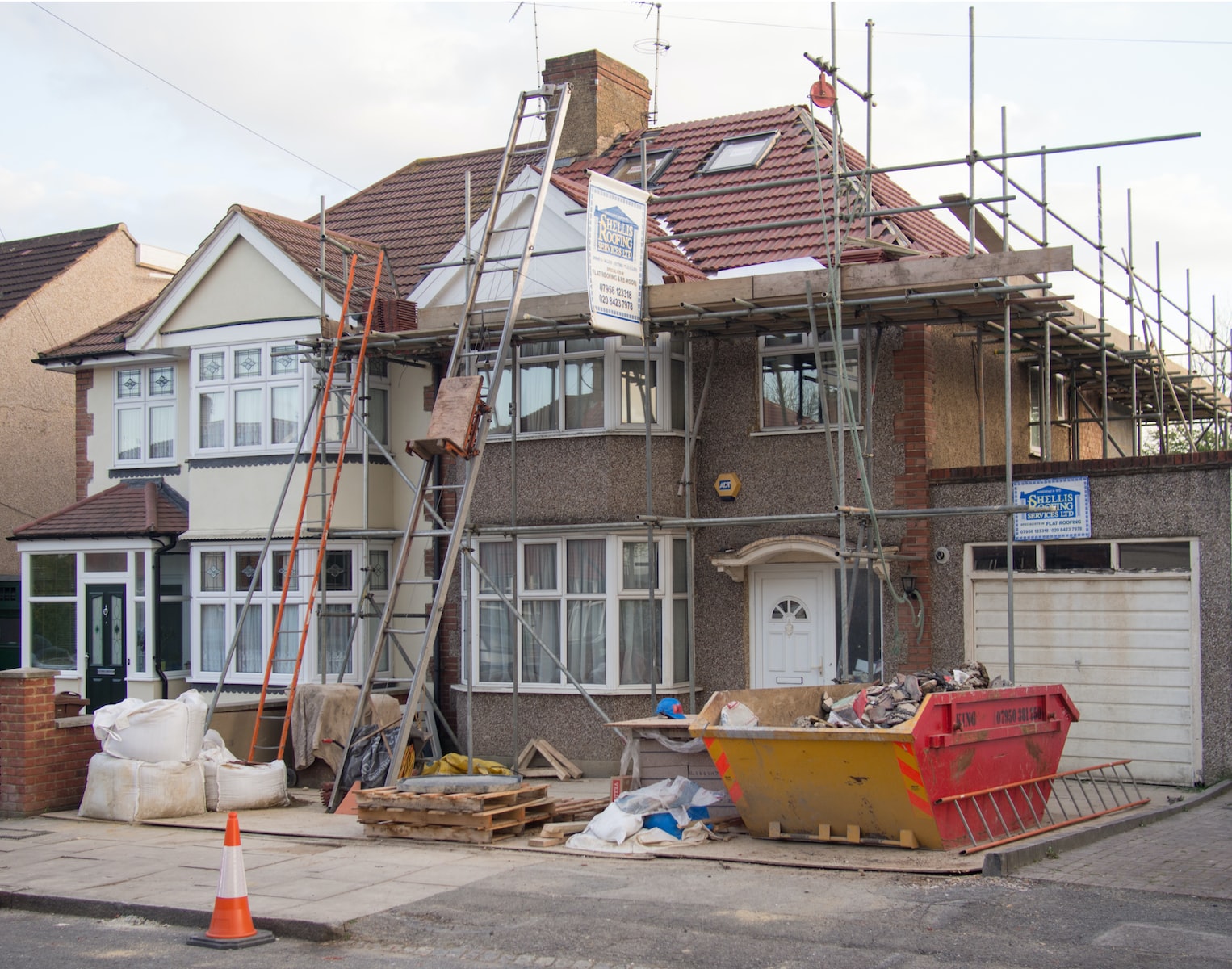The Bristish Standards Institute (BSI) in its role as the UK National Standards Body, has today published three new standards, sponsored by the Department for Levelling Up, Housing & Communities, which set out competence requirements for building safety management including Principal Designers and Principal Contractors.
The standards support industry reform, in line with the new Building Safety Act, and are intended to minimize safety risks and improve protection to consumers and occupants, including residents, in and about buildings.
People have the right to expect that buildings and their immediate environment are designed, built and maintained in a safe way. Occupants need to have confidence and trust in the people responsible for ensuring that their interests are properly considered, and that safety is a priority. Competence of all who provide services and products throughout the life of a building is key to achieving this.
The following three new standards have been published based on the core competence criteria set out in BSI Flex 8670 v3.0:
Built environment – Framework for competence of individual Principal Designers – Specification specifies competence thresholds that individuals are expected to meet when delivering or managing the dutyholder functions of the Principal Designer, and additional competencies for working on higher-risk buildings (HRBs). Areas of competence include appropriate behaviour; legislative and regulatory framework for compliance; management of design work compliance; and technical framework for compliance.
Built environment – Framework for competence of individual Principal Contractors – Specification specifies competence requirements for the dutyholder role of Principal Contractor. It also describes specific competences common to all Principal Contractors and those which are additional for those undertaking the role on HRBs. It covers roles and responsibilities; skills, knowledge and experience; behaviours and ethics; additional competences for higher risk buildings; and limits of competence.
Built environment – Competence requirements for the management of safety in residential buildings – Specification specifies competence requirements for managing safety in residential buildings and other developments incorporating residential accommodation. It also gives guidance on detailed competences and the assessment of competence. It covers competence and commitment in regard to building structures and building systems, including building services; interaction of systems and components; operational practices necessary to maintain buildings safe for occupants; risk management; managing the golden thread of information, including other digital information; managing change, including the consequences of human behaviour; leadership, communication and planning skills; and personal commitment to ethical behaviour and professional standards.
“We are delighted to announce the launch of three new standards, published as part of BSI’s Built Environment Competence Standards (BECS) programme, to provide an agreed, common approach for industry to embed building safety competence for design, construction and building management at a senior level.
“This is a major step forward which has the potential to support real change in the industry understanding of building safety in the years and decades ahead.”
Scott Steedman, Director-General of Standards at BSI
A DLUHC spokesperson added that fr people to feel safe in their homes they must trust those responsible for building them: “These new requirements support our mission to drive better building safety standards across the construction industry, together with the tough new regulatory regime we introduced in the Building Safety Act. We are pleased to see industry taking action to improve competence beyond their legal obligations, which is key to rebuilding confidence in the sector.”
The PASs are published as part of the government-funded Built Environment Competence programme. They have been developed by three Steering Groups made up of built environment professionals.
Download the standards at no cost here.
Workplace Wellbeing Professional is an online magazine featuring news and analysis on a broad range of employee wellbeing topics, focused on a UK based audience.


